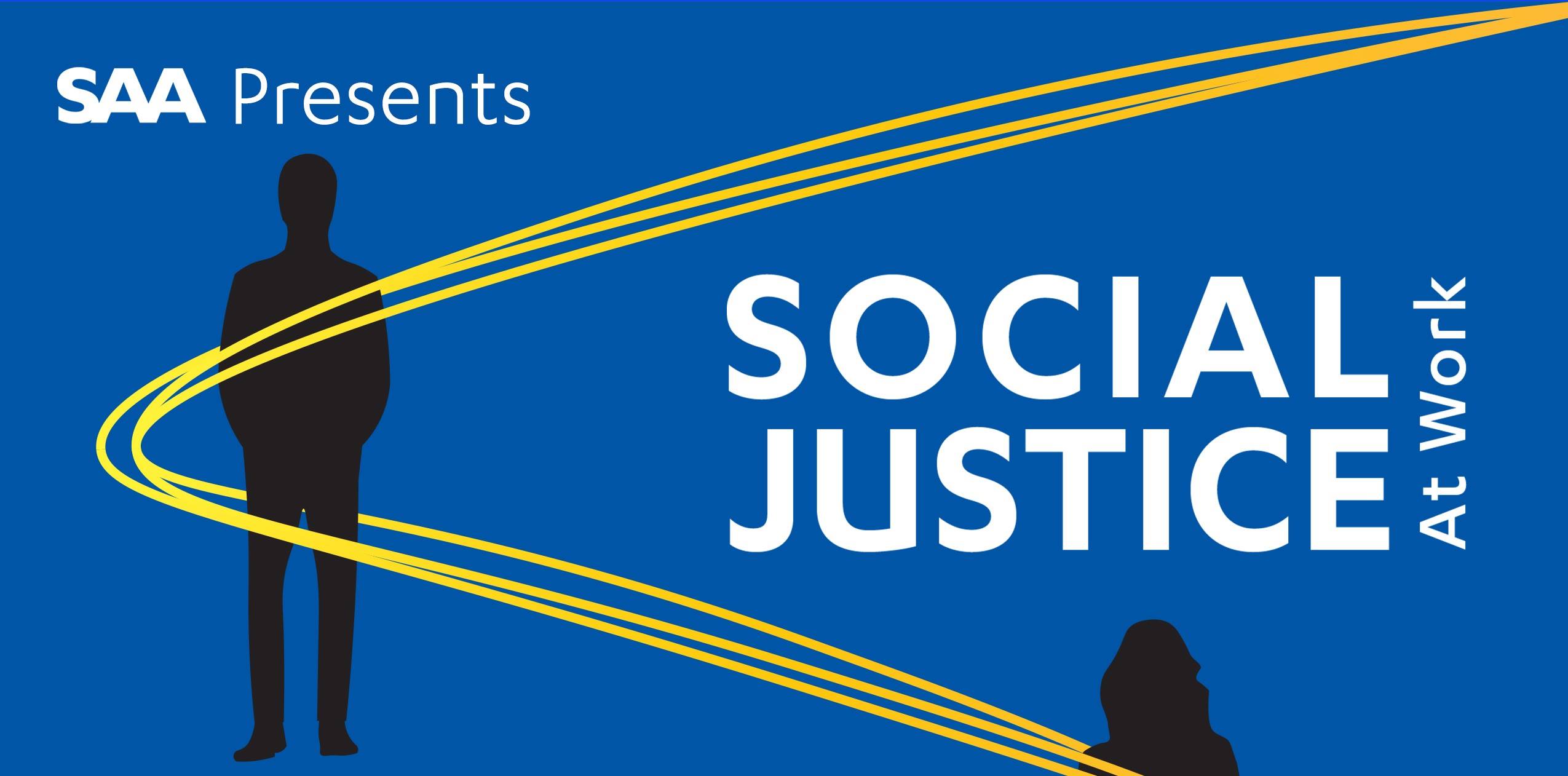SAA Presents: Social Justice at Work

Image courtesy of Student Alumni Association
UCLA’s Student Alumni Association (SAA) hosts many eye-opening events throughout the year, and their Social Justice at Work panel served as an uplifting introduction to the process of reconciling meaningful social action with a decently paying job. On the evening of May 11, the James West Alumni Center was filled with students eager to hear the advice of four incredibly qualified panelists, who openly shared their stories of incorporating social justice into their workspaces.
The panel was comprised of Devon Dickau, a Senior Consultant in Deloitte’s Human Capital Consulting practice and a leader for many other inclusivity projects at Deloitte and beyond; Ing Phansavath, who is the Program Director of the Leadership, Management, and Communications Unit at UCLA Extension; Amber Bissell, a public interest lawyer who fights against human trafficking; and Dr. D’Artagnan Scorza, a board member on the Inglewood Unified School District Board of Education as well as the founder of the Social Justice Learning Institute (SJLI).
The primary concern of the moderator’s questions to the panel was this: how can one have a career that allows one to perform acts of social justice, while simultaneously making enough money to take care of oneself and advance forward career-wise? Each panelist answered this pressing question in a slightly different manner, although they all followed the same vein of compromise.
Dickau, who defined social justice as doing everything he possibly can to make the world a better place than he found it, remarked on the “false dichotomy of social justice versus profit.” He elaborated in regards to diversity and inclusivity within a company, saying that “creating more diversity can often turn more profit.” Dickau found that the most effective way to introduce social justice to his corporate work setting was to outline to his company how exactly diversity could help it grow, namely with improved client relationships. It is lamentable that the main pathway to increasing corporate diversity is through facts and figures relating diversity to capital gain. This fetishization of diversity and inclusivity is problematic, however effective it may be.
Bissell also commented on how she pitched ideas advocating for social justice to her superiors. She told a thrilling story of marching into her partner’s office at her firm, confidently identifying her strengths in relating to marginalized clients, and demanding a salary worth her time. However, Bissell made sure to include the reality that not every job can successfully combine a passion for social justice with a livable salary, and the importance of prioritizing self-care. She said, “To be the best person you can be, to be the best advocate, sometimes you have to say no.”
Relating to the social justice on the individual level, Phansavath repeatedly pressed the point that “social justice happens one person at a time.” She said, “We need everybody to do their part on an individual level.” The improvement of social justice at a corporate level must happen through interpersonal relationships, and is consequently a long process. This connection back to the individual is incredibly important for social activism, because it’s crucial to recognize that one individual cannot be expected to induce an entire social justice reformation at a massive corporation.
Dr. Scorza was the panelist most eager to steer the conversation away from the corporate setting, saying, “I don’t think about the work, the money, I think about the conscience.” He passionately described his visceral need to know that he had campaigned for social justice and helped those in need all in a day’s work. He was able to accomplish this with an initial job helping high school students of color to succeed academically, and then able to apply the same concept to a larger scale by founding the Social Justice Learning Institute. His analogy, “there’s no pillow as soft as a clear conscience,” certainly stuck with students in the audience and provided a reminder to always act with the intention of making the world a better place.
Unfortunately, while the dream of combining work with passion is admirable, today’s capitalist and neoliberal society makes this goal impossible for many people. Classism is undeniable in the United States. Folks who were brought up in a middle- or upper-class home will have access to more opportunities that can help them marry their passions with their career, whereas for lower-income citizens, obtaining even a minimum wage job is a necessity, not an option. For many Americans, the dream of having a job that allows them to both make enough money to survive and express their passions is too idealistic.
With that said, there’s no doubt that SAA put together a wonderful panel of inspiring individuals to start this vital conversation about social justice and the workplace. The bottom line of every panelist’s response to each moderated question was that you don’t have to choose between making money and saving the world. Particularly with today’s political climate, an attitude that integrates social justice is a valuable attribute for any job position.




